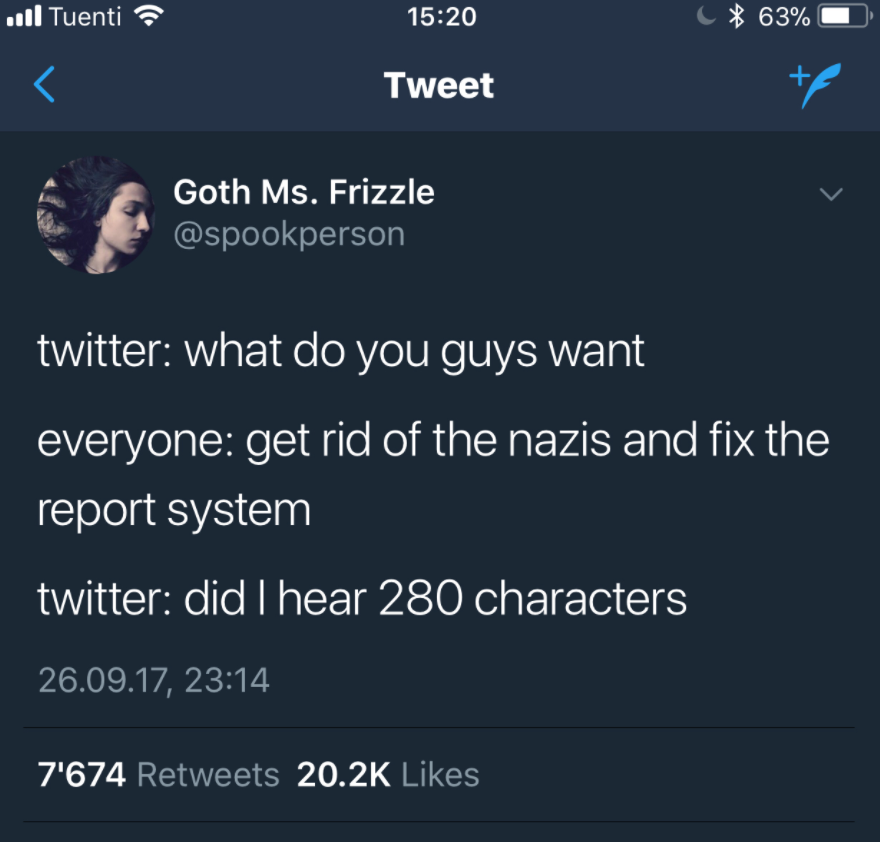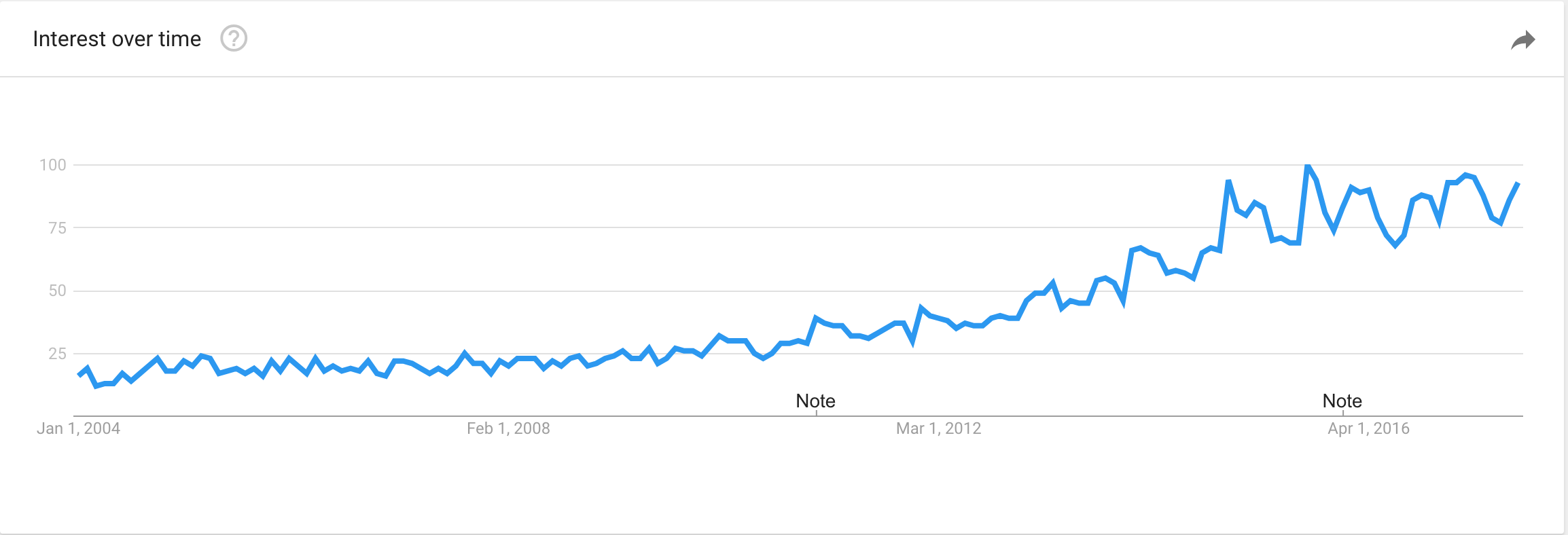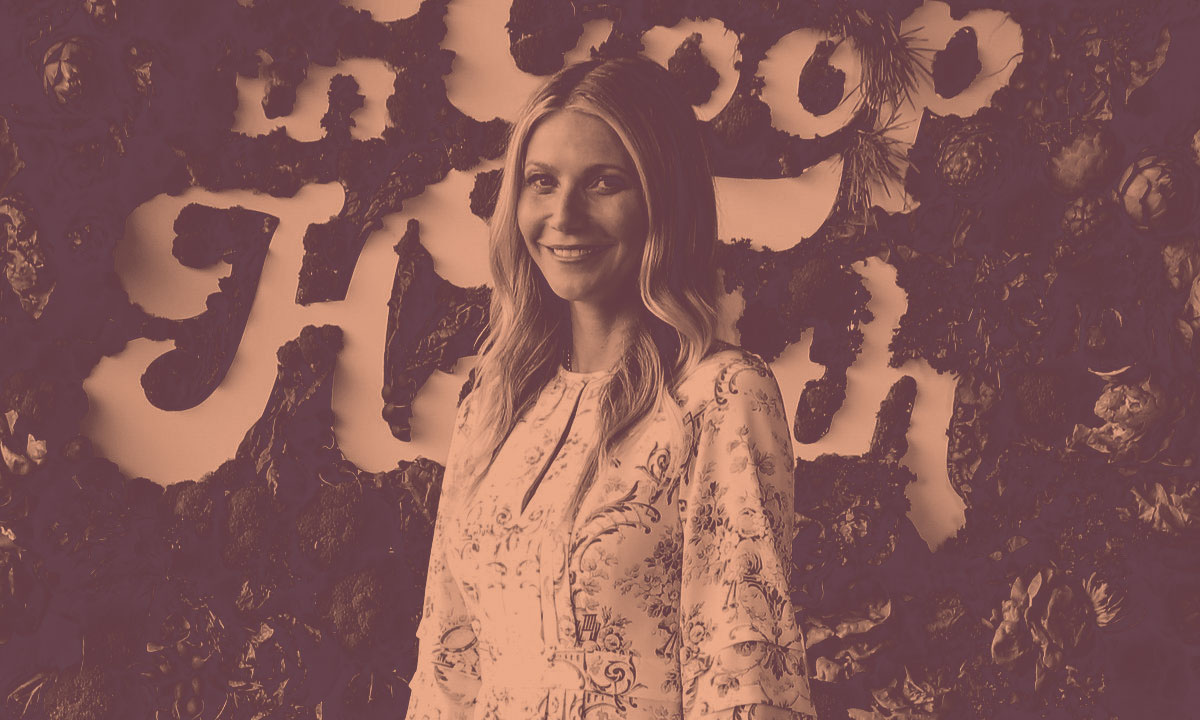If social media is all about hanging with friends, winning “likes,” and watching cat videos, why do we always feel so washed up every time we use it? Instagram was recently labeled “the worst app for young people’s mental health” by CNN, and Social Media Anxiety Disorder is now a recognized mental illness. Despite online abuse and negative side-effects like self-scrutiny and low confidence, social media usage has never been higher, especially among young people. Seventy-six percent of Americans aged 13-17 use Instagram, another 75% use Snapchat, and 66% are active on Facebook (Science Daily).
It’s easy to shrug off the impact of social media — “Facebook isn’t real life.” “That Instagram model is totally photoshopped.” — but social media has a very real impact on our self-worth and peace of mind. Tech companies have certainly long been aware of the emotional shortcomings of their products — Facebook rolled out its new “reactions” in February 2016, before which the only option for acknowledging the death of someone’s pet cat was to “like” the post. The World Health Organization uses social media to manage global health crises. Facebook now has suicide and cyberbullying prevention resources built into the site. Twitter, among other platforms, has gradually caved to pressure to offer users the ability to block or mute content that they find damaging. Still, if you were to gauge public sentiment on the rollout of Twitter’s new 280-character limit, users aren’t happy.

The industry that found a way to monetize social networks is perhaps not the savior we would expect to get us out of this crisis. But through pressure to at least appear to care, tech companies have begun to explore possibilities to leave users in a better frame of mind, using tenets from the positivity movement. STOPit, TBH, Smiling Mind, and Springpop are four mobile apps that aim to do so, and have enjoyed positive press coverage for their efforts.
So how did we get to the point that an app that makes you feel ~positive~ is heralded as game-changing?
Engineering Safe Spaces
Let’s start by talking about cyberbullies: the apex predators of the web. “On the internet,” the cartoon goes, “nobody knows you’re a dog.” To the issue at hand, on the internet, nobody knows you’re a just a bored teenager looking for a reaction out of someone, as were many of the sexist trolls who sent death threats to Zoë Quinn during Gamergate. It’s easy to chalk up the phenomenon of people acting terribly behind the smokescreen of internet anonymity to human nature. Or we can acknowledge, as did Quinn, that “Gamergate … helped build some infrastructure.” Without Reddit, without Twitter, Quinn and her allies would not have been doxxed and harassed for years on end.
And the victims of online abuse aren’t limited to prominent feminists. A 2004 report asserted that a whopping 42% of kids had been bullied online… and this was before the dawn of Facebook and Twitter. Now that kids have access to Snapchat, Instagram, YikYak, Reddit, YouTube, and so on, bullies have more avenues than ever through which to attack. And this is where problems start to fester. Take Amanda Todd for example. Todd, a 15-year-old Canadian high school student, was relentlessly victimized by her peers on social media, and committed suicide in 2012.
This tragedy profoundly affected entrepreneur Todd Schobel. “When a child comes under an attack, especially a cyberbullying attack or a campaign against her, it doesn’t go away,” Schobel told New Jersey Tech Weekly. “It’s not like a bully at school that you can escape when you go home and you are safe.” Schobel founded STOPit, an anti-bullying software startup. STOPit cracks down on unethical and offensive online behavior by allowing users to anonymously report abuse. “STOPit is a powerful deterrent — you’ll see the difference as people start thinking twice before making a bad decision,” Schobel writes on the app’s website.
Making Online Anonymity Less Abusive
Anonymity makes online abuse much easier, because there are no ramifications for offenders. A particularly unhealthy trend in app culture is anonymous commenting and messaging boards. Despite their massive popularity, they have a long track record of being used to harm users. In 2014, Yik Yak, an app developed by two Georgia frat bros, took college campuses by storm. Yik Yak allowed people to post anonymous comments to a board that anyone within a certain area could read. The app essentially gave students the green light to download all the trash on their minds onto a campus-wide digital rumor mill.
When I was in college, Yik Yak comments would range from students being called out by name as “the drunkest girl/guy at the party” to tabloid-esque posts exposing who hooked up with who. Entertaining? Sure. Totally problematic? Absolutely. The issue with Yik Yak was that it fed off self-consciousness. Yeah, you may have downloaded it to keep up with gossip. But the fear of your name ending up in an embarrassing “yak” was what kept you coming back. A student could write, “Jenna has an STD,” on Yik Yak, and it wouldn’t matter if the statement was true or not. Hundreds of students would see the “yak” and Jenna would be left defenseless. “Psychologically, Yik Yak actually removes all pretense of being a person with empathy, genuinely connected to other human beings,” writes one psychiatrist, “[it] is the most dangerous form of social media I’ve ever seen.”
Lest you think Yik Yak is an outlier, recall that your mom’s social platform of choice, Facebook, began as FaceMash, a social media site that operated much like the better-known Hot or Not to allow users to rate pictures of other alums. Yik Yak allowed the spread of harmful rumors for profit. In fact, it became a $400 million business in just one year. In the wake of Yik Yak, the next big anonymous messaging app chose to switch up the game.
TBH (To Be Honest), an “anonymous gossip” app, allows users—mainly teens—to anonymously answer pre-programmed questions about one another. For example: “who I relate to the most,” or “best DJ at parties.” But here’s the catch: the app only allows users to respond to the questions in positive ways. When one of your friends picks your name as a response to a question, you get notified that a boy or girl (there’s also a non-binary option) gave you a specific compliment. This restriction makes the app extremely palatable, and popular, among young people. In fact, TBH has been number 1 in the app store since September 20. It became the most downloaded app of the past week thanks to a groundswell of teenagers who joined in droves. Its smash success is unsurprising — I mean, who doesn’t want compliments sent directly to their phone?

What makes TBH so awesome is that it took a destructive and overcooked app concept and reimagined it for the better. TBH promotes positivity, improves confidence, and strengthens friendships within a demographic that needs those things the most. Arguably, it teaches a positive behavior that can continue offline. Not to mention it is the first anonymous social platform in which cyberbullies have no power.
Wellness, Self-Care, and Mindfulness Apps
And you don’t have to be a teen to be affected by online abuse. It’s no coincidence that 2017 saw searches for “self care” and “mindfulness” peak. The political atmosphere is fraught, uncertainty is high, climate change is materializing on our doorsteps. It has been a tough year. It’s hard enough for busy adults with families and full-time jobs to routinely practice self-care. And it’s especially hard to find peace when the news appears to show one dumpster fire after another. Enter mindfulness and meditation apps. Andy Puddicombe, ex-monk and founder of meditation app Headspace, told Vox that many people are trying to “find calm and clarity when they see so much chaos and confusion,” referring to the aftermath of Trump’s election.

Making mindfulness accessible to everyone and not just the perpetually chilled-out is a noble mission. But if you dig a little deeper, the ethics of commercialization are a little cringe-worthy. New York Magazine writer Drake Baer noticed that Headspace’s marketing tactics misrepresent the Buddhist practice as a consumer and social phenomenon. He writes that their ads “aren’t selling compassion; they’re selling performance … The way the app is positioning itself, it’s making meditation look like SoulCycle.”
If the ongoing commercialization of Eastern practices is a sort of colonialism 2.0, there is a less conflicted option. Geared toward the busy, scatterbrained, or easily distracted, Smiling Mind is an app that gives users an easy path to a clearer head. Created and engineered by a team of psychologists and educators, this app provides users with guided mindful meditation playlists that they can customize based on age and lifestyle. Yeah, it still follows the same basic idea as the other mindfulness apps. But here’s what makes this one a little more in touch with humanity than its competitors: the Smiling Mind organization is nonprofit, meaning the app is free and has no hidden charges. A yearly Headspace subscription, on the other hand, will set you back about a hundred bucks. To a lot of mindfulness-practicing folk, charging money for meditation doesn’t align with its intended purpose. The ethicalness of Headspace’s for-profit model is certainly debatable. But Smiling Mind is all about asking you to clear you mind, not your wallet, in the style of Yoga to the People before it.
Curating Your Reality in a Negative News Cycle
Current events can be a bummer. Sometimes you just need a little less “brink of nuclear war” and a little more “wiener dog and lion become BFFs.” Borne somewhat of the Upworthy model, Springpop aims to give you respite from the constant barrage of news ranging from bad to terrible. Founded by Alex Pierson while studying at the University of Pennsylvania, Springpop accurately calls itself “the happy place to explore your interests.” On Springpop, users select topics they care about and the app curates a daily stream of upbeat, relevant news pieces. According to the Huffington Post, just three minutes of negative news can make you 27 percent more likely to have a bad day, and more likely to increase the severity of your personal worries.

Playing the Long Game With Positivity
If we can learn anything from STOPit, TBH, Smiling Mind, and Springpop, it’s that it really does pay off to consider ethics and humanity in app development. In creating an app, you should think of your users as humans rather than simply numbers or dollars if you want to be successful. It’s been proven that people are more likely to download apps that make them feel good. Some app trends perpetuate online abuse, and this can have devastating effects on users’ mental health. So if developers start paying close attention to how people are using, or abusing, popular apps and web platforms, they can learn a great deal about what and what not to do.
